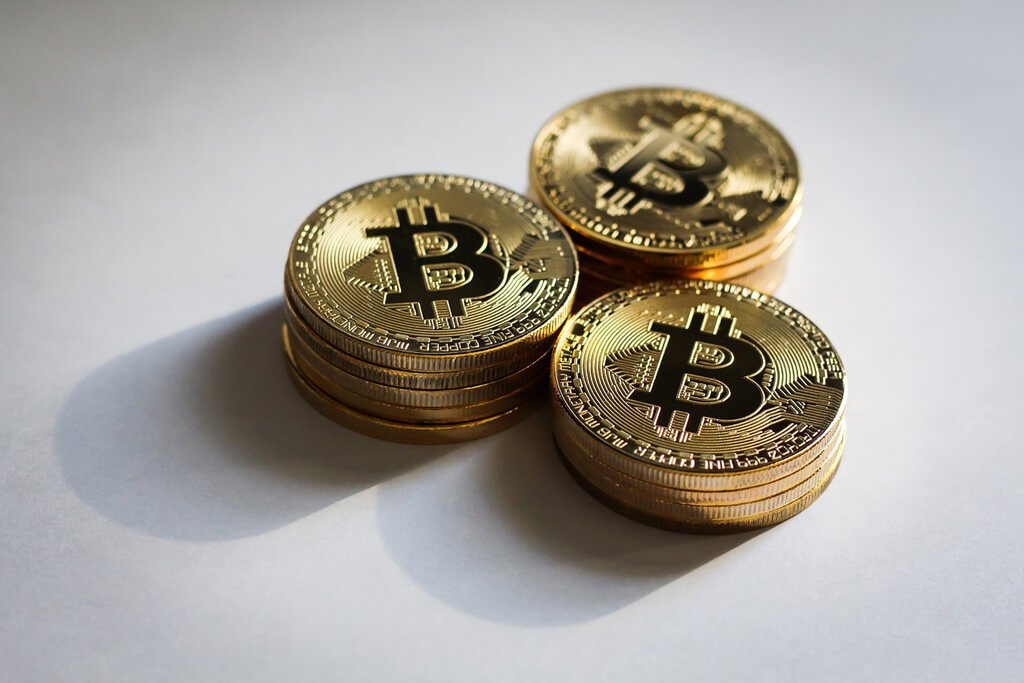
Institutional investors will be able to track and value deals more transparently in the spot market.
The blockchain will be used for processing of foreign exchange trades. The Financial Times reports that ICAP, a leading markets operator and provider of post trade risk mitigation and information services, will start employing the technology and will supply the code to customers in March 2017. The blockchain that is widely studied and adopted by multiple financial institutions all over the world will enable institutional investors to track and value deals more transparently in the spot market.
The UK-based ICAP will utilize its subsidiary ‘Traiana’ in collaboration with US-based technology firm Axoni.
Traiana deals with pre-trade risk evaluation and automation of post-trade processing of financial transactions in listed and over-the-counter trading markets. The company reconciles transaction, reference, market and portfolio data prior to its transition to regulators, clearing houses or back to financial institutions.
Traiana serves as a messaging hub for $2 trillion of forex, fixed income and swaps deals. ICAP stakes on Traiana to play a key role in the transfer of the system from reliance on traditional brokers to new digital market infrastructure.
“By the end of March clients will be able to access their own node on the blockchain. We create a digital record in a cloud vault and also on the blockchain,” said Jenny Knott, chief executive of post trade risk and information at ICAP. “We are building the Nex technology platform and licensing to the Traiana legal entity, so that we can run both systems in parallel. Over time we will be able to turn off the old system.”
Earlier this year, ICAP announced the successful completion of a proof of technology test case for a distributed ledger based on the blockchain technology by its Post Trade Risk and Information (“PTRI”) division. The proof of technology has the potential to significantly transform post trade operations while staying within new market practices in the post-crisis regulatory environment. It created a private, peer-to-peer, distributed ledger network using smart contracts due to the combination of the multi-asset messaging, matching Harmony network, and blockchain infrastructure provided by Axoni.
As for other significant blockchain news, Overstock has recently become the first publicly traded company to issue securities on the blockchain. The online retailer started selling company shares via its trading platform.
Overstock has totally raised nearly $10.9 million from existing shareholders including about $1.9 million from shares traded on the distributed ledger.
The financing round consisted of two series. Series A round was done via tØ blockchain platform developed by the Overstock’s subsidiary Medici. The retailer distributed over 126,000 company shares using blockchain for $15.68 per share.
Series B round, realized via traditional technology, sold more than 569,000 shares. Overstock originally planned to sell 2 million shares and achieve its investment target of $30 million.


